Michael Alexander speaks to Rod Clements – the founder of legendary 1970s folk-rock pioneers Lindisfarne – about his friendship with the late Fife musician Rab Noakes and how the band endures after more than 50 years.
The relationship between Cupar-raised singer-songwriter Rab Noakes and Tyneside folk-rock pioneers Lindisfarne can be traced back more than 50 years to the early 1970s.
Stealers Wheel-co-founder Noakes recorded and performed with Lindisfarne, whom he supported on a national tour in 1972, and recorded his songs Turn a Deaf Ear on their first album Nicely Out of Tune, and Together Forever on their second Fog on the Tyne.
Over the years, they shared tours and musical collaborations including his appearance on Lindisfarne’s Another Fine Mess video.
Various band members also appeared on Rab’s albums as session musicians.
So when news broke on November 11 that Rab had died suddenly aged 75, it was particularly upsetting for Lindisfarne founder Rod Clements, who had been a long-time friend, collaborator and part time member of Rab’s backing band, The Varaflames.
‘Absolutely devastating’
“It was absolutely devastating because he’d been doing so well after he had his tonsil cancer a few years ago,” says Rod in an interview with The Courier.
“He was doing fine. And then he was aware of this problem that had arisen because of the radiotherapy that he’d had from the cancer.
“From doing really well, he had an operation and went into hospital and then went into a coma and died, unfortunately.”
Rod describes Rab’s death as a “huge loss”.
They “had things planned” including a gig they were going to do together at The Great British Folk Festival in January.
“He was a great friend as well as a musical colleague,” adds Rod.
“We used to have great chats when we were working together.
“We used to talk for hours when we were travelling or sitting around in hotels or whatever.
“I hadn’t actually seen him since April.
“But every couple of weeks we’d have a Zoom chat which would often go on for hours.
“It’s left a huge gap in my life and a lot of other peoples’ as well.”
Lindisfarne – back on the road
Rod Clements is speaking to The Courier as Lindisfarne enjoy being back on the road post Covid-19.
Last weekend they enjoyed three nights at the sold out Green Hotel in Kinross followed by a slot at the Aviemore Folk Festival on December 5.
This weekend they are back in Liverpool and Manchester ahead of a highly anticipated homecoming for the Newcastle City Hall Christmas show on December 17.
Lindisfarne emerged from Tyneside in the 1970s and quickly carved out a unique place for themselves as one of British folk-rock’s most original bands.
Their pioneering sound, combining acoustic instruments like mandolin and fiddle with their electric blues roots, helped deliver the catchy, memorable songs provided by the band’s resident writers Rod Clements and the late Alan Hull.
Their first hit, the Clements-penned Meet Me On The Corner, paved the way for their classic Fog On The Tyne to become the UK’s top-selling album of 1972.
The original band finally called it a day in 2003.
But Lindisfarne continue to perform with a classic five-piece line up of long-time members fronted by original founder-member Rod Clements (vocals, mandolin, fiddle, slide guitar) who re-joined in 2015 and Alan Hull’s son-in-law Dave Hull-Denholm (vocals, guitars).
The line-up is completed by Steve Daggett (vocals, keyboards, guitar), Ian Thomson (bass, vocals) and Paul Smith (drums).
‘Uncertainty’ of Covid-19
Thinking back to the Covid-19 lockdowns when they went for 18 months without a gig, Rod says one of the “strange things” was not knowing how long the lockdowns would last.
As gigs were cancelled and re-scheduled then cancelled and re-scheduled again, the worst thing was the uncertainty.
While band members had Zoom chats and the “occasional acoustic knock-about”, Rod reveals that at their lowest, they wondered if things would ever start up again.
Thankfully, however, they did, and, having been back on the road since August 2021, he feels Lindisfarne are “bucking the general trend”.
“Obviously with post-Covid anxiety and cost of living anxiety, a lot of gigs have not been doing very well,” he says.
“I’ve heard of people cancelling tours and things.
“But our gigs have been great. We’ve been selling out in a lot of places.
“We are getting into bigger theatres and bigger venues, selling them out.
“And the audience reaction has been great.
“I think in some ways it’s better than it was before because Covid-19 made people more appreciative of live music and live entertainment and going out to a good show.”
Grateful for back catalogue
Rod says they are in the “fortunate position” to have such a big back catalogue.
He’s particularly grateful for Alan Hull’s old songs.
During live shows, Lindisfarne’s repertoire includes Meet Me On The Corner, Fog On The Tyne, Lady Eleanor and Run For Home.
While they always finish the set with a run of classics, they’ve also been rehearsing a bunch of “new old songs” to replace some “old old songs”.
“We want to keep ourselves on our toes and keep the audience interested,” he says.
“It just helps to keep it fresh”.
Rod, who’s now 75, says a lot of their audiences have inevitably grown up with them.
But they’ve also seen younger followers.
He thinks this is partly because of the BBC Four documentary last year called Lindisfarne’s Geordie Genius: The Alan Hull Story.
North Shields-raised singer songwriter sam Fender went in search of his hero Alan Hull who wrote songs such as Lady Eleanor and Fog on the Tyne.
The documentary featured contributions from the likes of Sting, Elvis Costello and Dave Stewart of Eurythmics.
“The producers managed to get Sam Fender to be the kind of link man of it and he did a really good job,” says Rod.
“He’s a really nice lad – he’s very grounded. He’s a great admirer of Alan Hull and of Lindisfarne.
“So I think that spread the word to a younger generation of fans that are coming along out of curiosity or because it’s opened a window to them.”
Lifetime in music
Rod was a teenager when he knew he wanted music to be his life.
Borrowing a guitar at boarding school, he was into guitar instrumentals at the time by the likes of The Shadows, The Ventures and Duane Eddy.
After “badgering” his parents to get a guitar of his own, he formed a little band at boarding school and his interest grew from there.
As the Beatles and the Rolling Stones arrived, Rod progressed into blues and rhythm and blues.
The roots of Lindisfarne can be found in Rod’s first band Downtown Faction, which played straight Chicago blues.
Then when they met up with Alan Hull, who had a ready made backing band, the creation of Lindisfarne gathered pace.
The North East of England had a great influence on Rod both musically and personally.
When they found it difficult to get gigs as an electric band, they started playing acoustic blues in local folk clubs and that’s how they met Alan.
However, they were also exposed to a lot of other musical influences.
“There’s a big Irish community on Tyneside,” he says, “so there was a lot of Irish ballads and that kind of thing.
“Songs with stories – good strong choruses. And I think we learned a lot from that.
“I think there’s a kind of no nonsense attitude as well in the North East music scene.
“We were too far removed from London to be fashion followers in the sense of the London bands.
“I think people up here – in what was then fairly remote from the then music scene – had more chance to develop their own style.
“When we first went to London we were treated as wild men from the north.
“And of course we thoroughly enjoyed playing up to that!” he laughs, adding that they had fun in 1990 doing a version of Fog on the Tyne with Paul ‘Gazza’ Gascoigne.
Heart and soul of band
Despite the band’s line-up changes over the years, Rod feels the heart and soul of Lindisfarne has endured.
It’s a “huge asset” having Alan Hull’s son-in-law Dave Hull-Denholm.
Vocally he has an “uncanny resemblance” to Alan and he’s a great respecter and advocate of Alan’s songs and his legacy.
Today’s line-up has actually been together longer now than the original.
“I hope we’ve got better at it over the years!” laughs Rod.
Living in the countryside of mid-Northumberland, Rod enjoys spending time in his big garden where he cuts wood and builds things like log stores.
But he retains a strong affection for Scotland too.
Not only did his Swedish wife live in St Andrews for a long time, as well as Aberdeen, as a boy he used to holiday with his parents in Castle Douglas and Edinburgh.
“Lindisfarne hasn’t actually played in Scotland all that much,” he adds.
“Nothing like as much as we’d like to.
“But I’ve been up as a solo artist. I’ve been around the Highlands and Islands quite a bit.
“I love it. I wish we could play more”.
Where to see Lindisfarne live
For more on Lindisfarne go to www.lindisfarne.co.uk/
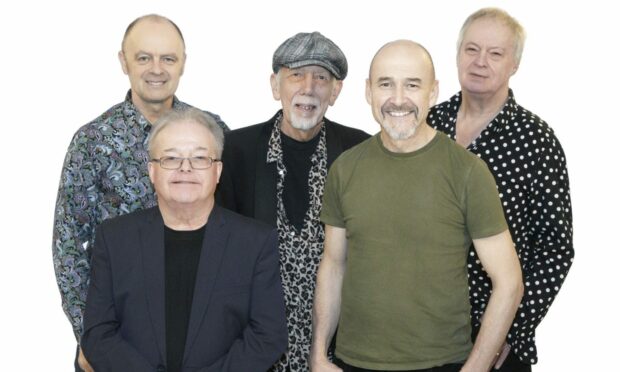
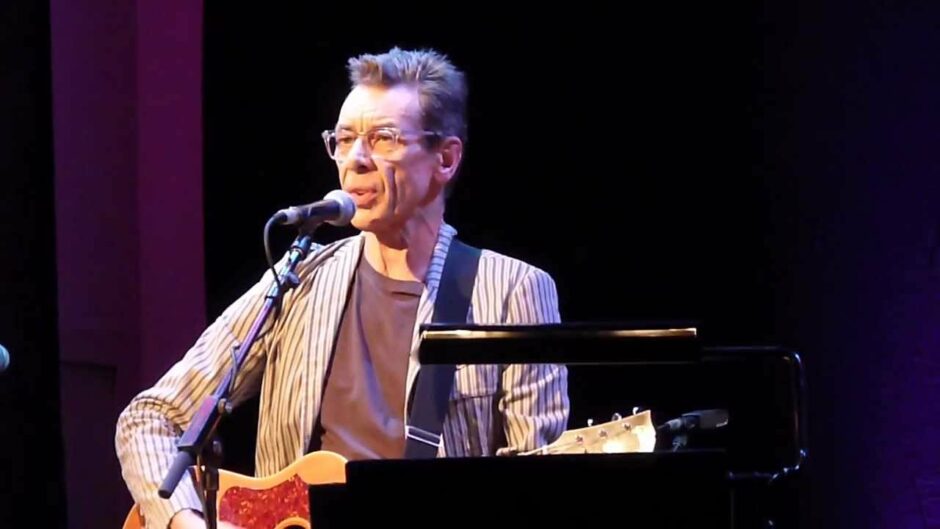
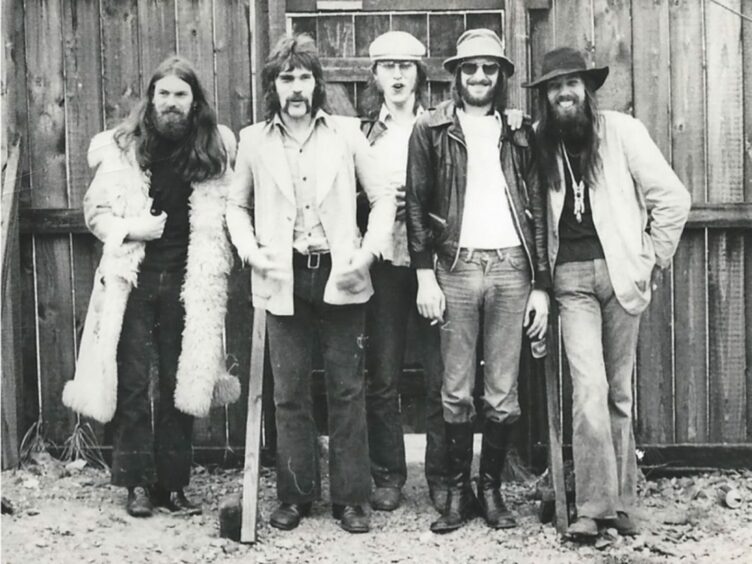
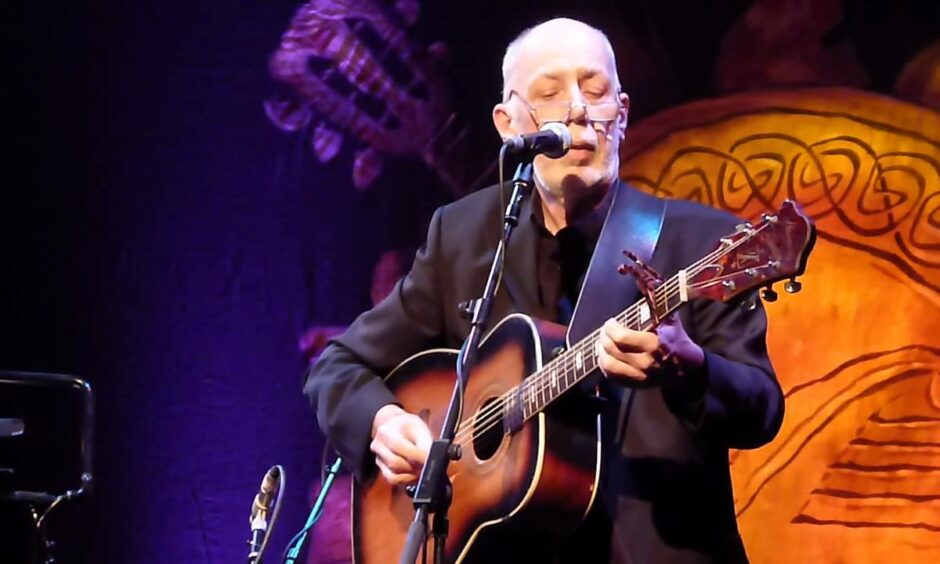
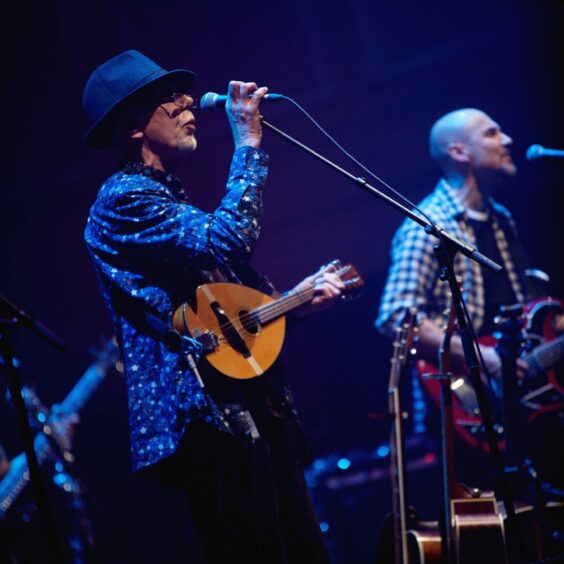
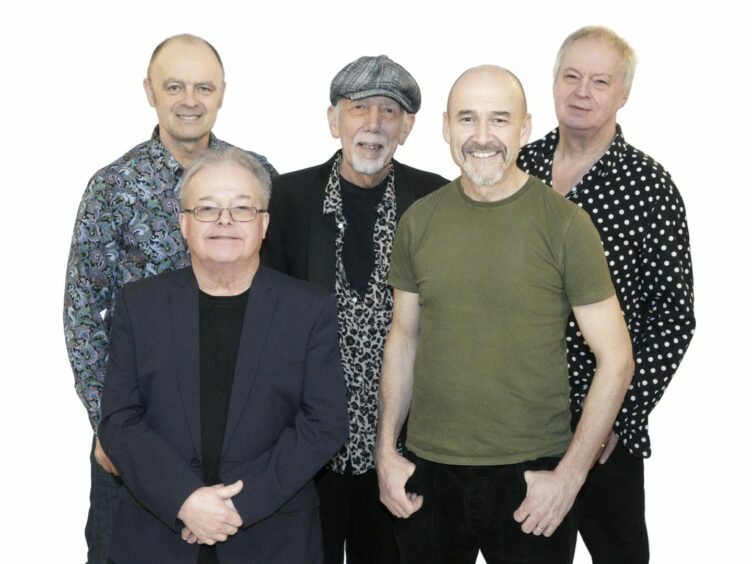
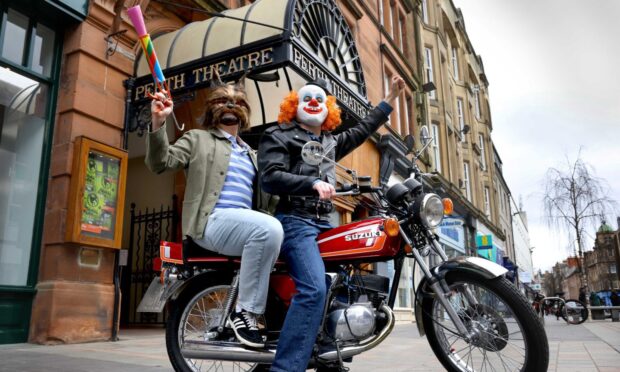
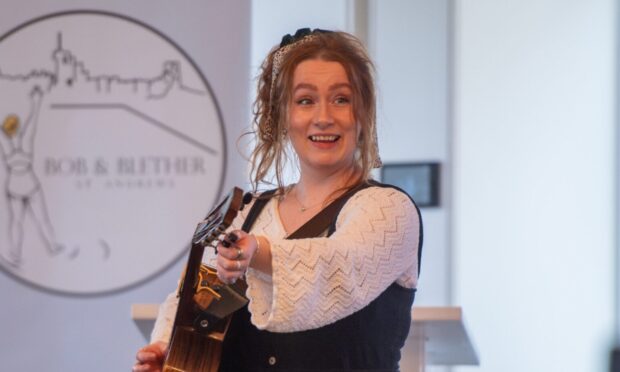
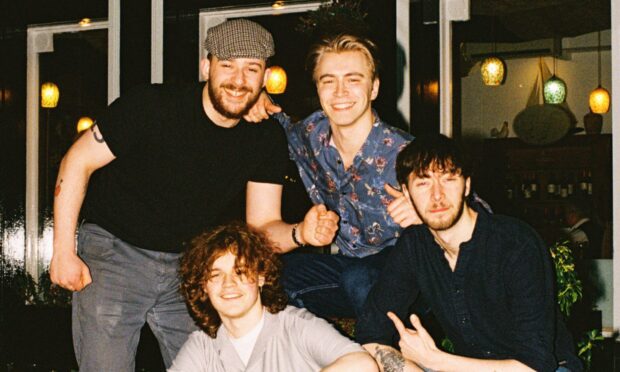
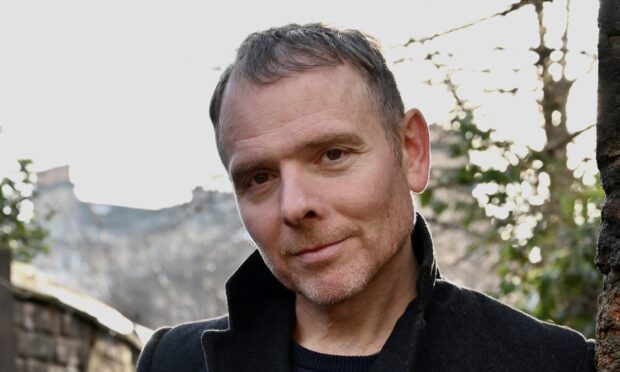
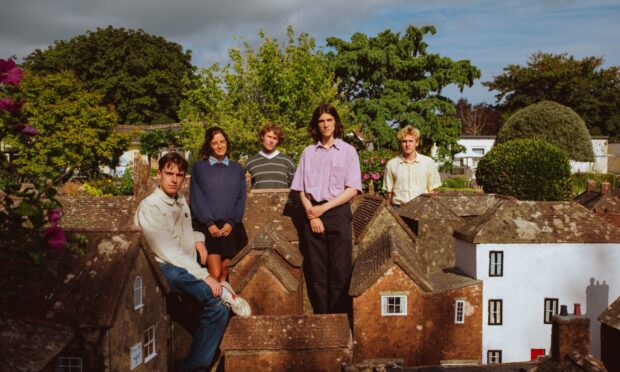
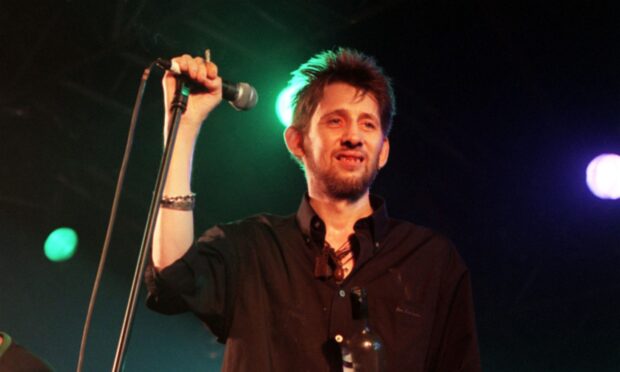
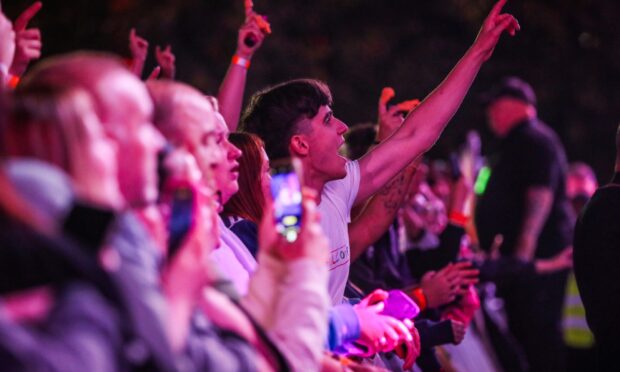
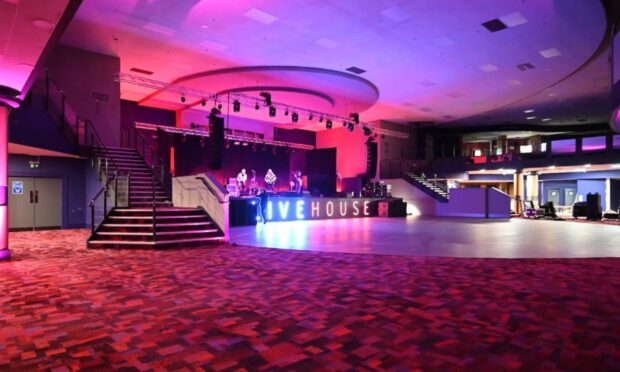
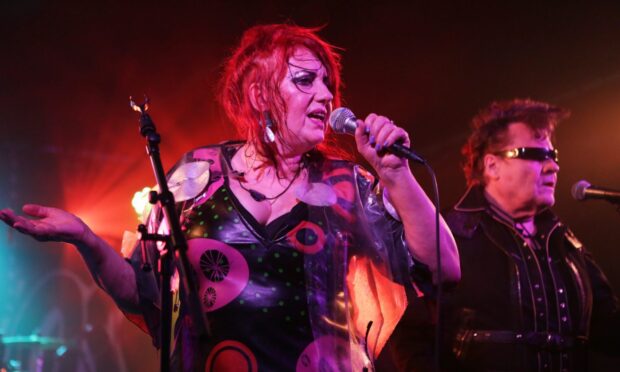
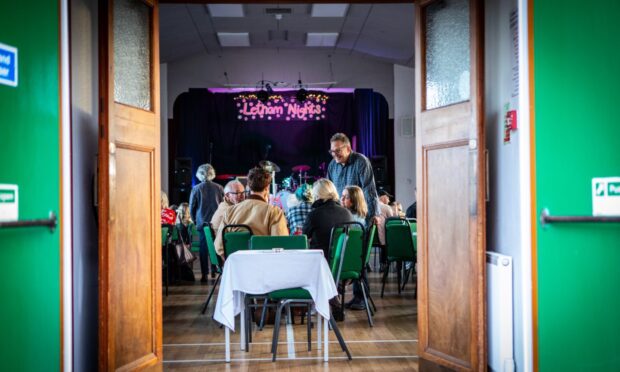
Conversation